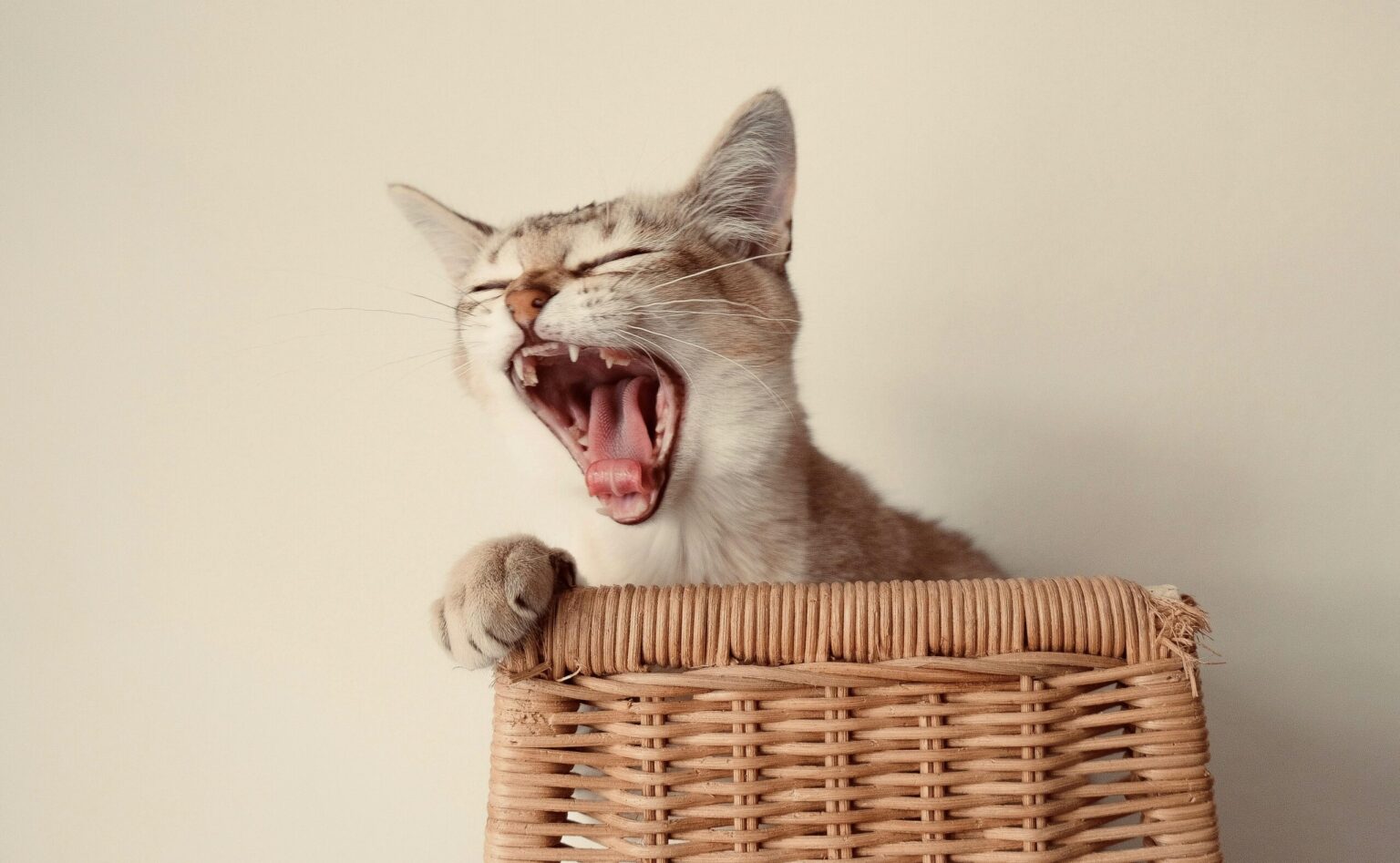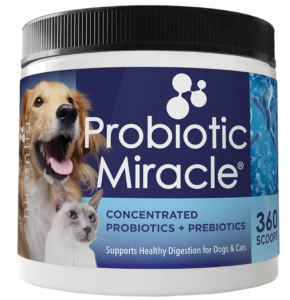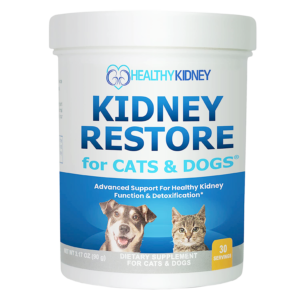My furbaby mouth stinks
Causes and Prevention
28 Oct 2024 | Chin

Bad breath in pets is more than just an unpleasant odor—it can signal potential health concerns. While it’s not uncommon for dogs and cats to have a bit of an odor to their breath, persistent bad breath might indicate underlying issues. Here, we’ll dive into the causes of bad breath in pets and explore effective strategies to manage and prevent it, ensuring your furry friend stays healthy and happy.
Why Does Bad Breath Happen in Pets?
Odor-Producing Bacteria in the Mouth
When bacteria accumulate on your pet’s teeth and gums, they produce foul-smelling odors. Plaque and tartar buildup allow these bacteria to thrive, leading to halitosis and potentially more serious dental issues if left untreated.
Digestive Issues
Gastrointestinal problems can cause bad breath as certain digestive imbalances result in unpleasant-smelling gases. Poor diet, food intolerances, or other GI disorders can lead to odors that are expelled through the mouth.
Kidney Disease
Kidney disease is a common condition in older pets and can lead to ammonia-like breath odor. When the kidneys aren’t filtering waste properly, it can result in a build-up of toxins, which often show up in their breath.
Diabetes
Pets with diabetes can have a sweet or fruity smell to their breath, caused by ketoacidosis, a condition linked to uncontrolled blood sugar. Persistent sweet breath can be a key signal for this condition.
Mouth Infections or Abscesses
Infections or abscesses in the gums or teeth can cause particularly strong odors due to the presence of decaying tissue. Infections can also lead to pain, swelling, and other oral health problems that need attention.
Strategies for Combatting and Remedies for Pet’s Bad Breath
- Probiotics for a Healthier Gut
Adding probiotics to your pet’s diet can support digestive health by promoting a balance of good bacteria, which may reduce odors from digestive issues. Probiotics are available in pet-safe supplements and can be an easy addition to their daily routine. - Regular Brushing with Pet-Friendly Toothpaste
Brushing your pet’s teeth a few times a week with pet-specific toothpaste helps remove food particles and plaque. Consistent brushing reduces bacteria and buildup, which can significantly improve breath and support overall dental health. - Dental Treats and Chews
Dental treats and chews are designed to remove plaque and freshen breath. They can be a practical, enjoyable way for pets to get a form of “tooth brushing” that reduces odor-causing bacteria and tartar buildup. - Routine Dental Checkups
Regular veterinary dental checkups are essential for detecting and addressing any hidden dental problems. These checkups allow vets to catch issues early, like infections or decay, which may contribute to bad breath and other health issues. - Encouraging Fresh Water Drinking
Make sure your pet has access to fresh water at all times. Drinking water helps flush away food particles and bacteria that can cause odor, while keeping your pet hydrated and their mouth clean.
Bad breath in pets can often be controlled with the right combination of good oral hygiene, regular checkups, and preventive care. Addressing this issue not only makes cuddle time more pleasant but also helps ensure a healthier, happier life for your furry companion.
What we have in Petsrejoice Wellness for fighting bad breath?

Probiotic Miracle
Stands out as a particularly effective remedy in the fight against bad breath in pets and balances the gut flora, offering a holistic approach to improving your pet's oral and overall health.

Kidney Restore for Cats and Dogs
Offering 50 Billion CFU probiotics for your furkids to prevent dysbiosis, at the same time breaking down the uremic wastes in the gut to reduce kidney’s burden, alleviates the bad breath over the time
GTF Worldwide Sdn Bhd
- No. 20-2, Plaza Danau 2, Jalan 5/109F, Taman Danau Desa, 58100 Taman Desa, Kuala Lumpur, Malaysia.
- (03) 7982 9881
- (012) 483 5523
- info@gtf.com.my
